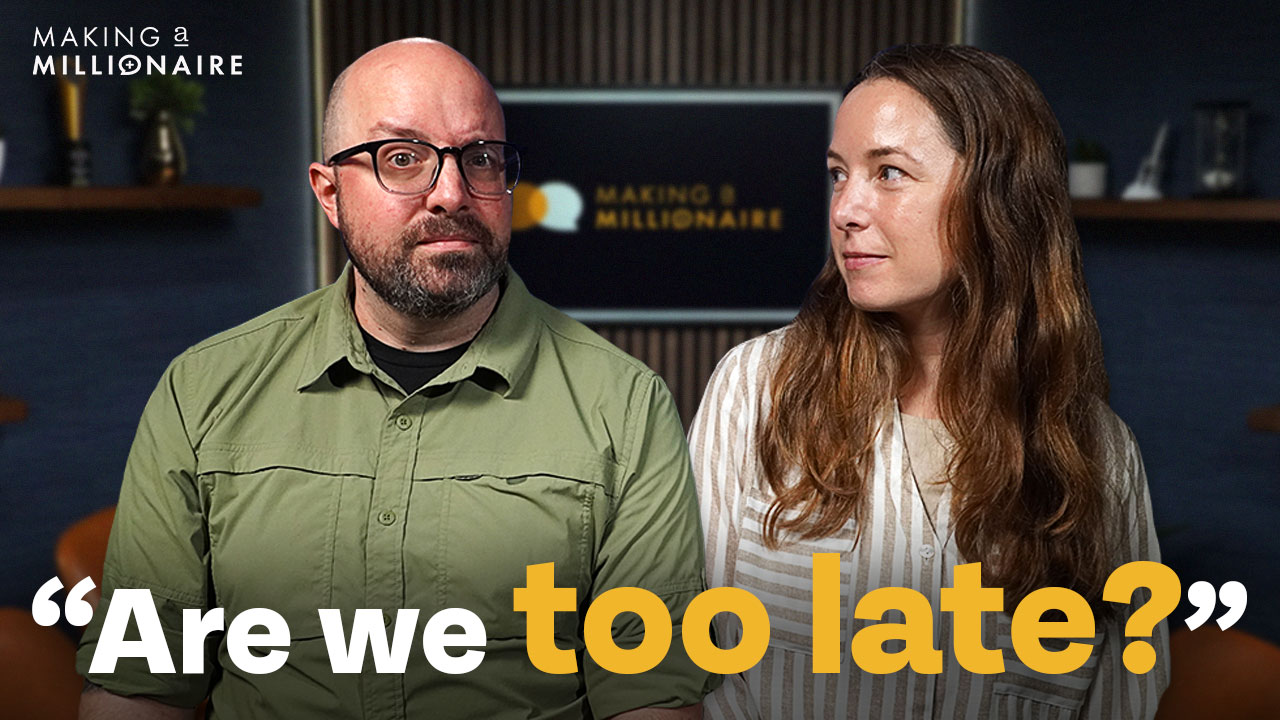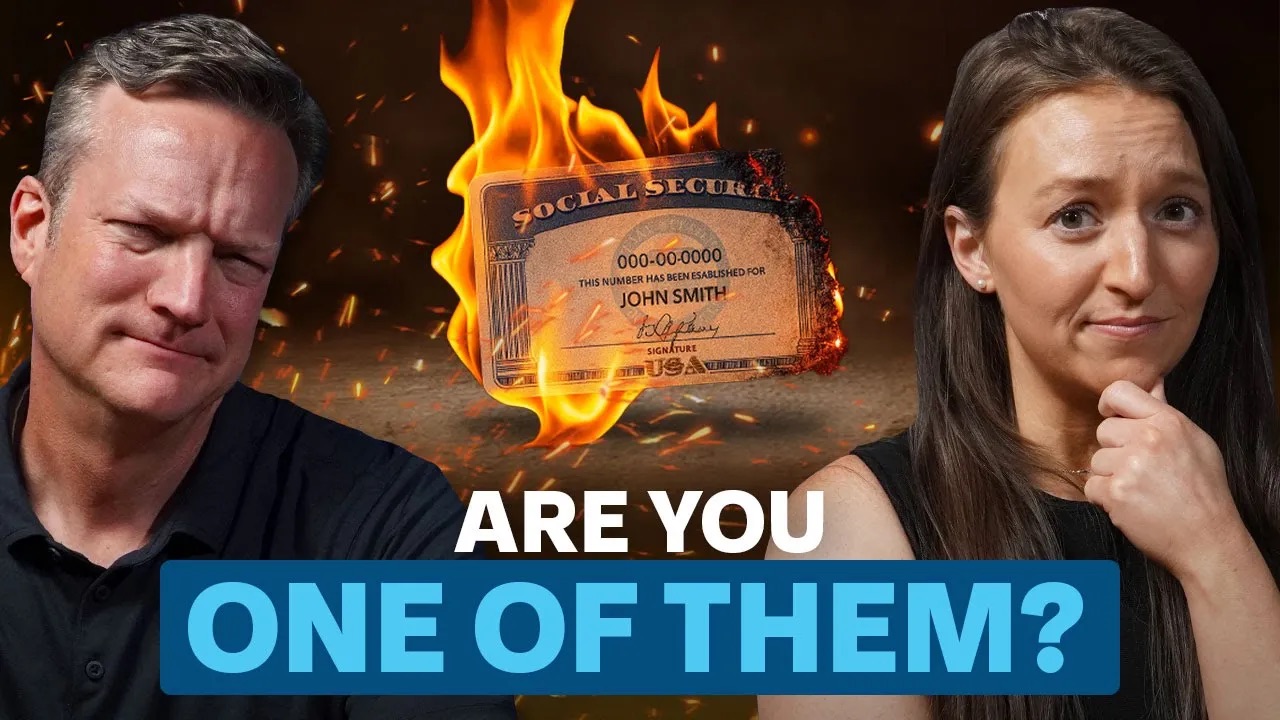This next question is from Katie’s number one fan. Hey, they know what’s up. Still trying to get that tumbler. It says, “If I save really well in all three buckets in my 20s and early 30s, is it okay to start pulling money out of my after-tax to supplement my income? And how do I make sure I don’t pull too much out? Okay, so I guess this is the question. I’m saving, and I’m building, and I’m building, right? Let’s think about this pragmatically. I’m saving and I’m building so that one day my assets can provide for me. I’m going to live off of less than I make so that I can put my money to work for me, so that one day my money can replace for me the living expenses that I need.
Now, if I start early in my accumulation life and I start saying, “Okay, I’m making my earned income and what I’ve been saving, I’m now going to start chiseling off a little bit of that to now subsidize my lifestyle,” what I’m, in essence, doing now is, instead of saving, I am now de-accumulating, and I’m also increasing my lifestyle. Well, mathematically, unless you are transitioning into Financial Independence, you are now setting yourself up in a scenario that your assets will not be able to replace the lifestyle that you’ve become accustomed to. Because what you don’t want to do is, in your 20s and 30s, build up the assets, in your 40s, start spending down the assets, and then in your 50s, decide you want to leave the workforce and recognize, “Holy cow, I don’t have a large enough base of assets to replace the lifestyle of which I’ve become accustomed.”
So, I am a proponent. I don’t think subsidizing your lifestyle from your investments begins to make sense until you’re actually moving into Financial Independence, moving into retirement. Otherwise, I think you’re setting yourself up for something that’s not sustainable.
Well, it was written, and I see where this kind of happens, Katie fan, is that there are so many different voices out there. There’s a group out there telling you to be dividend investors. There are people out there telling you, “Hey, just do after-tax, skip out the 401K because the 401K doesn’t have benefits.” And then, of course, there are people out there talking about all the benefits of the 401K, including me, who says, “Get that free money.” But it’s, um, but I think what a lot of people are yearning for and where there’s a need is, of course, the Financial Order of Operations. It’s a Financial Order of Operations sighting, guys.
So, you got step five, tax-free growth, and then you got tax, you know, you got to max out retirement because those are tax-favored. You got to get the tax-favored in there, you know, after you got the free money from your employer. And then hyper-accumulation is really what Katie is talking about. See, that’s the three-bucket strategy. You know what drives all that? Understanding your “why.” What’s the purpose?
So, I need to know more about this supplementing your income because maybe you’re an early FIRE person that you think you’re leaving the workforce at 45 to 50 years of age. Because that’s the context we’re probably missing. But it’s not. Or you’re a person that you have the desire because this could be one of those barista fires or anything who’s, you know, you don’t want to officially leave the workforce, but you want to go volunteer, you want to go transition to maybe educate, work at a university, or do something like that. Then that, you’re still, I would say your question is fine, but the “why” needs to be correlated and linked up with the Financial Order of Operations so you maximize all the tax benefits and the free money and do it in the right order.
So, then when you start thinking about cash flow, you can then prioritize, “Hey, how am I going to use this money that I’ve built up?” They all need to be interconnected. You just, and that’s the problem with so much of social media in the financial world is that they throw the great things out about dividend investing, throw the great things out about after-tax investing. And then, of course, even content like ours, we’re throwing out all the great things like we started this show on 401Ks. No, they are all great. But you have to, just like I answered a question, I said, “I have too many tools in my tool belt that I didn’t even know which one to use appropriately to get the point across the easiest.” That’s what the financial order of operations is doing and is trying to take away all the noise. So, you know exactly what to do with your next dollar in the most efficient way to maximize the opportunity.
Because what I have tried to accomplish with this is not only does it give homage and respect to the analytics of the decision, but it’s also paid a lot of attention to the behavioral aspects, the emotional aspects that you come out on the other side feeling like you really are the best version of yourself and you didn’t squander any opportunities that came your way. For more information, check out our free resources.














